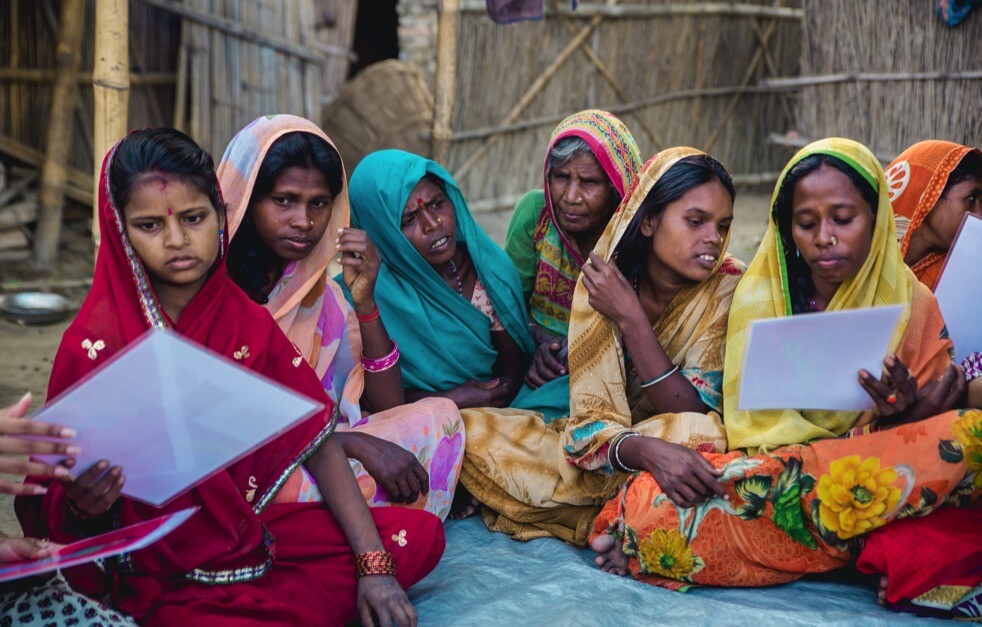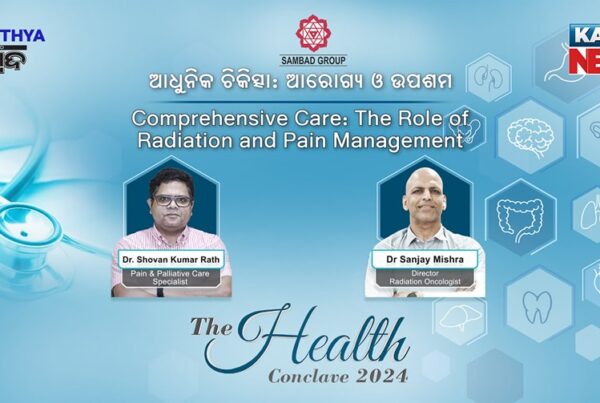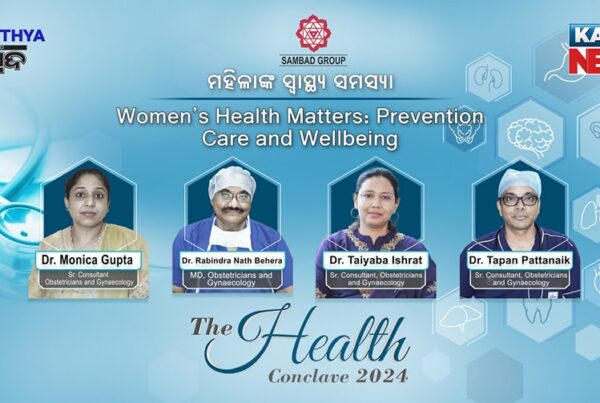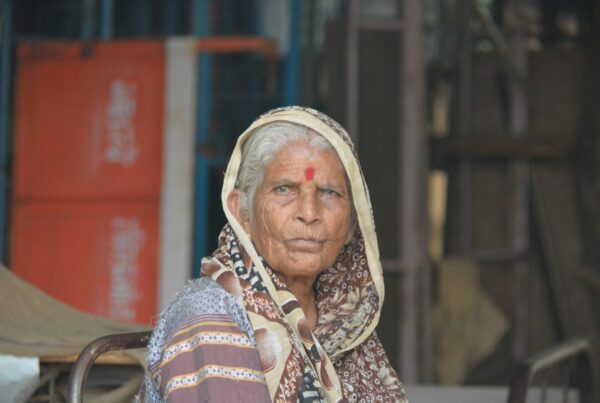Indian women are facing a multifaceted health crisis, shaped by a combination of social, economic, cultural, and healthcare system-related factors. While there have been improvements in some areas, several challenges persist, undermining the health and well-being of women across the country. Here are some key aspects of the health crisis Indian women are facing:
1. Maternal Health and Mortality
India continues to have a high maternal mortality rate (MMR), although there has been progress in recent years. Factors contributing to this include:
- Lack of Access to Skilled Care: In rural areas, access to qualified healthcare professionals during pregnancy, childbirth, and postpartum care is often limited.
- Malnutrition and Anemia: Many Indian women suffer from iron-deficiency anemia and other nutritional deficiencies, which increases the risk of complications during pregnancy.
- Early Marriages and Pregnancies: Early marriage and early pregnancies contribute to maternal health risks, including complications during childbirth.
Despite government programs like the National Rural Health Mission (NRHM) and initiatives to reduce maternal deaths, these issues remain pressing.
2. Reproductive Health
Reproductive health remains a critical concern for Indian women due to lack of awareness, stigma, and inadequate access to healthcare services:
- Contraceptive Use and Family Planning: While contraceptive use has increased in urban areas, rural women still face challenges in accessing family planning resources. Cultural norms and male reluctance to support family planning add further barriers.
- Unsafe Abortions: Due to restrictive access to safe abortion services, many women resort to unsafe, illegal abortions, leading to complications and even death.
- Sexual and Reproductive Rights: Many women, particularly in rural areas, are unaware of their sexual and reproductive rights, which affects their ability to make informed decisions regarding their health.
3. Mental Health Issues
Mental health issues among women, especially in urban settings, are on the rise. However, there remains a stigma around discussing mental health, leading to underreporting and undertreatment. Women face specific challenges, including:
- Postpartum Depression: New mothers often experience postpartum depression, but the condition is not widely recognized or treated effectively.
- Gender-Based Violence and Trauma: Domestic violence, sexual harassment, and other forms of abuse contribute to anxiety, depression, and PTSD among women.
- Socio-cultural Pressure: Societal expectations of marriage, motherhood, and beauty standards can add significant stress, affecting mental well-being.
4. Chronic Diseases and Lifestyle Disorders
With increasing urbanization, women in India are facing a rising burden of non-communicable diseases (NCDs), including:
- Cardiovascular Diseases: A growing number of women, particularly in urban areas, are developing heart diseases due to sedentary lifestyles, poor diet, and stress.
- Diabetes and Hypertension: Conditions like diabetes, hypertension, and obesity are becoming more common, particularly in women over 40.
- Cancer: Cancer, especially breast and cervical cancer, is a growing health concern. Screening rates are low, and many women seek medical help only at later stages of illness.
5. Menstrual Health and Hygiene
Menstrual health is another area where Indian women face significant challenges:
- Menstrual Hygiene: Many women, especially in rural areas, do not have access to affordable sanitary products, leading them to use unhygienic alternatives that can cause infections.
- Menstrual Disorders: Disorders like polycystic ovary syndrome (PCOS), endometriosis, and heavy bleeding are common but often go undiagnosed and untreated due to a lack of awareness and healthcare services.
- Taboos and Stigma: Menstruation is still considered taboo in many parts of India, leading to shame and silence around menstrual health, which hinders women from seeking necessary care.
6. Infectious Diseases
Women in India are also vulnerable to infectious diseases, particularly in rural and marginalized communities:
- Tuberculosis (TB): Women, especially those in poverty-stricken regions, are at higher risk for tuberculosis, but they often face delays in diagnosis and treatment.
- HIV/AIDS: The prevalence of HIV among women is rising, particularly in certain high-risk groups such as sex workers, women who inject drugs, and women with high-risk sexual behaviors.
7. Access to Healthcare and Health Education
A significant number of women in India still lack access to quality healthcare due to:
- Geographical Barriers: Many women, particularly in rural and remote areas, have to travel long distances to access healthcare services, which may not be affordable or feasible.
- Socio-economic Barriers: Poor women are often unable to afford health services, especially when it comes to private healthcare. Government programs are improving but still not fully accessible in all areas.
- Lack of Health Literacy: Lack of education and awareness about health issues means many women don’t seek medical help until conditions become critical.
8. Violence and Gender-Based Health Risks
Violence against women has direct and indirect impacts on their health:
- Domestic Violence: It’s estimated that a significant proportion of Indian women experience some form of domestic violence. This contributes to physical and mental health problems, including injuries, trauma, and psychological issues like depression and anxiety.
- Sexual Violence and Abuse: Rape, molestation, and sexual harassment are prevalent, and many women suffer from long-term physical and mental consequences, yet they may not report these incidents due to fear of stigma or lack of legal recourse.
- Gender Discrimination: Women are often deprived of food, nutrition, and healthcare resources in favor of male family members, leading to health inequities from a young age.
9. Older Women’s Health
As India’s population ages, the health concerns of older women are becoming more prominent:
- Osteoporosis: Older women are more prone to bone-related issues, particularly osteoporosis, which leads to fractures and long-term disabilities.
- Chronic Illnesses: Older women often suffer from a combination of chronic diseases like diabetes, hypertension, arthritis, and dementia, but access to geriatric care remains limited in many areas.
- Lack of Social Support: Many older women are left without adequate care, either because of societal neglect or due to economic pressures on their families.
Addressing the health crisis faced by Indian women requires a multi-pronged approach, including better access to healthcare, targeted public health interventions, and socio-cultural change. While the government has made significant efforts through programs like the National Health Mission and Pradhan Mantri Jan Arogya Yojana (PMJAY), much work remains in improving access to health services, particularly for women in rural and marginalized communities.
Moreover, empowering women through education, financial independence, and social support will play a critical role in mitigating many of the health challenges they face.
Also read: https://swasthya-sambad.com/health-conditions/why-rural-women-in-india-suffer-from-malnutrition/




